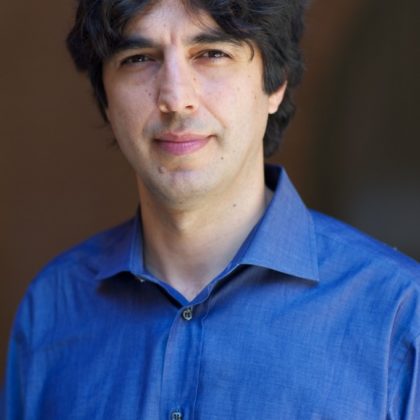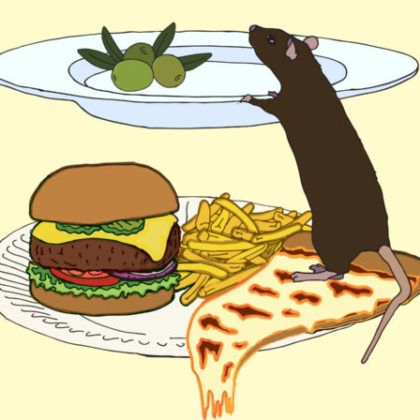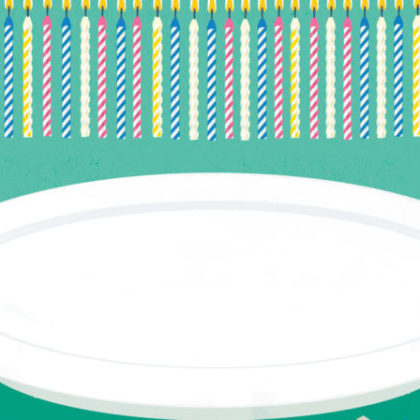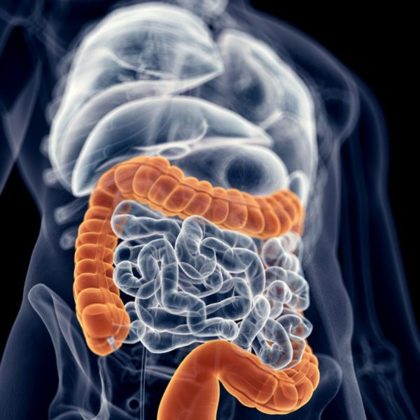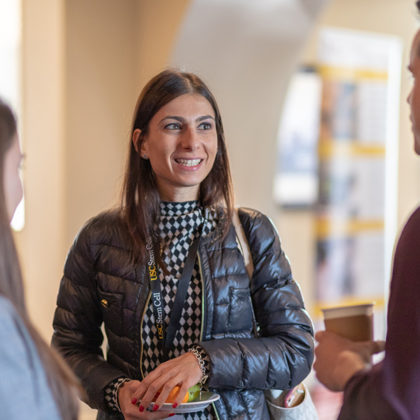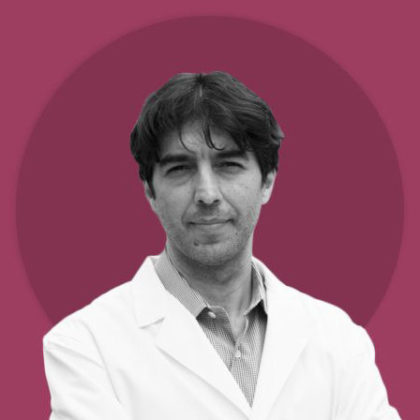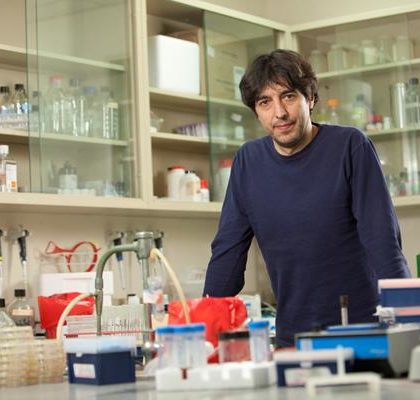Stories
Turn back the clock on aging
There’s no way to stop the march of time, but innovative research by USC scholars points the way to a longer, healthier and more vibrant life. About 10 years ago, when George …
USC study shows how cycles of a fasting-mimicking diet reduce insulin resistance, liver fat, immune system aging, and biological age in clinical trial patients
Cycles of a diet that mimics fasting reduce signs of immune system aging as well as insulin resistance and liver fat in humans, resulting in a lower biological age, according to a …
Eat well, age well
Diet interacts with genetics and impacts the way we age. Here’s what USC researchers are finding out about nutrition and healthy aging. The old adage “You are what you eat” may be …
Fasting-mimicking diet reduces signs of dementia in mice
Cycles of a diet that mimics fasting appear to reduce signs of Alzheimer’s in mice genetically engineered to develop the illness, according to a new USC Leonard Davis School of Gerontology-led study. …
New article outlines the characteristics of a “longevity diet”
Examining a range of nutrition research from studies in laboratory animals to epidemiological research in human populations provides a clearer picture of the best diet for a longer, healthier life, said USC …
Cycles of a fasting-mimicking diet help mice live longer, healthier
While many diets have been studied for effectiveness in preventing obesity and heart disease in both mice and humans, research on the effects and benefits of short, periodic cycles of fasting on obesity and heart health are lacking. In a new USC study on the health effects of a low-calorie diet that mimics …
Studies suggest a fasting diet could boost breast cancer therapy
A USC-led team of scientists has found that a fasting-mimicking diet combined with hormone therapy has the potential to help treat breast cancer, according to newly published animal studies and small clinical …
Fasting plus vitamin C proves effective for hard-to-treat cancers
Scientists from USC and the IFOM Cancer Institute in Milan have found that a fasting-mimicking diet could be more effective at treating some types of cancer when combined with vitamin C. In multiple …
What and when we eat affects our immune system. Here’s how.
Professor Valter Longo, director of the USC Longevity Institute, is investigating how fasting and diets that mimic fasting’s effects can help immune function, including vaccine efficacy and the body’s response to infection …
Eat less, live longer? The science of fasting and longevity
When it comes to what, when and how we eat, fasting — voluntarily abstaining from food for varying periods of time — is having a moment. It was the most popular diet …
Fasting-mimicking diet holds promise for treating people with inflammatory bowel disease, USC study finds
What if a special diet could reduce inflammation and repair your gut? USC researchers provided evidence that a low-calorie “fasting-mimicking” diet has the potential to do just that. Published in the March …
USC researchers converge at the Interdisciplinary Stem Cell Symposium
“The field of stem cell biology is one of our great convergence opportunities,” said USC Provost Michael Quick, addressing an audience of biologists, chemists, physicists, engineers, clinicians and many others. This diverse …
TIME names Valter Longo one of the 50 Most Influential People in Health Care of 2018
USC Leonard Davis School Professor Valter Longo, director of the USC Longevity Institute and USC Stem Cell principal investigator, has been named one of TIME’s the 50 Most Influential People in Health …
Five ways to lower your chances of getting Alzheimer’s
Retain a sharp, healthy brain and reduce your risk of Alzheimer’s disease by following five simple rules. Some of the tips are scientifically proven, while others show promise but require further investigation.
What to know about fasting, aging, the “longevity diet” and when you should eat
Biochemist Valter Longo has devoted decades to discovering connections between nutrition and successful aging. He runs the Longevity Institute at the USC Leonard Davis School of Gerontology, which aims to extend healthy …
Drugs widely used in cancer therapy increase toxicity of chemotherapy in mice
A short-term fast appears to counteract increases in blood sugar caused by common cancer drugs and protect healthy cells in mice from becoming too vulnerable to chemotherapy, according to new research by …
Fasting-mimicking diet may reverse diabetes in mice
By Beth Newcomb A diet designed to imitate the effects of fasting appears to reverse diabetes, a new USC-led study shows. The fasting-like diet promotes the growth of new insulin-producing pancreatic cells …
Scientifically-designed fasting diet lowers risks for major diseases
What if you could lose weight and reduce your risk of life-threatening disease without any changes in what you eat—other than a five-day special diet once every few months? That’s what happened …
Diet that mimics fasting may also reduce multiple sclerosis symptoms
Evidence is mounting that a diet mimicking the effects of fasting has health benefits beyond weight loss, with a new USC-led study indicating that it may reduce symptoms of multiple sclerosis. Scientists …
Diet that mimics fasting appears to slow aging
Want to lose abdominal fat, get smarter and live longer? New research led by USC Stem Cell principal investigator Valter Longo shows that periodically adopting a diet that mimics the effects of …





